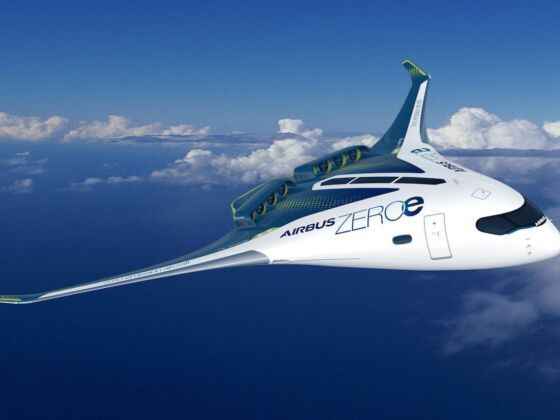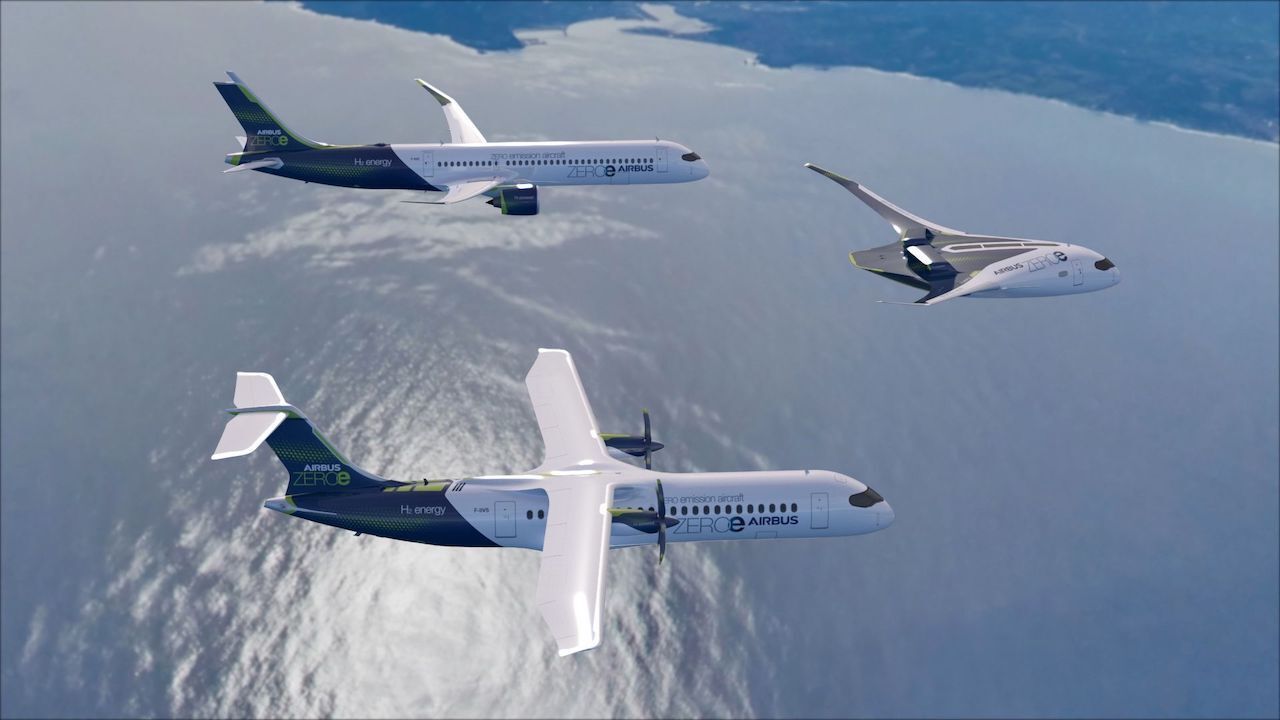This is The Climate Win, the most positive sustainability news around the world every week.
This week, Airbus joined a growing number of businesses and governments worldwide in pledging an emissions-free future. The world’s largest airplane maker announced design concepts for three commercial aircraft — dubbed ZEROe — that will run on hydrogen and emit nothing but water vapor. Airbus said planes will use groundbreaking new technology and will be in operation by 2035.

